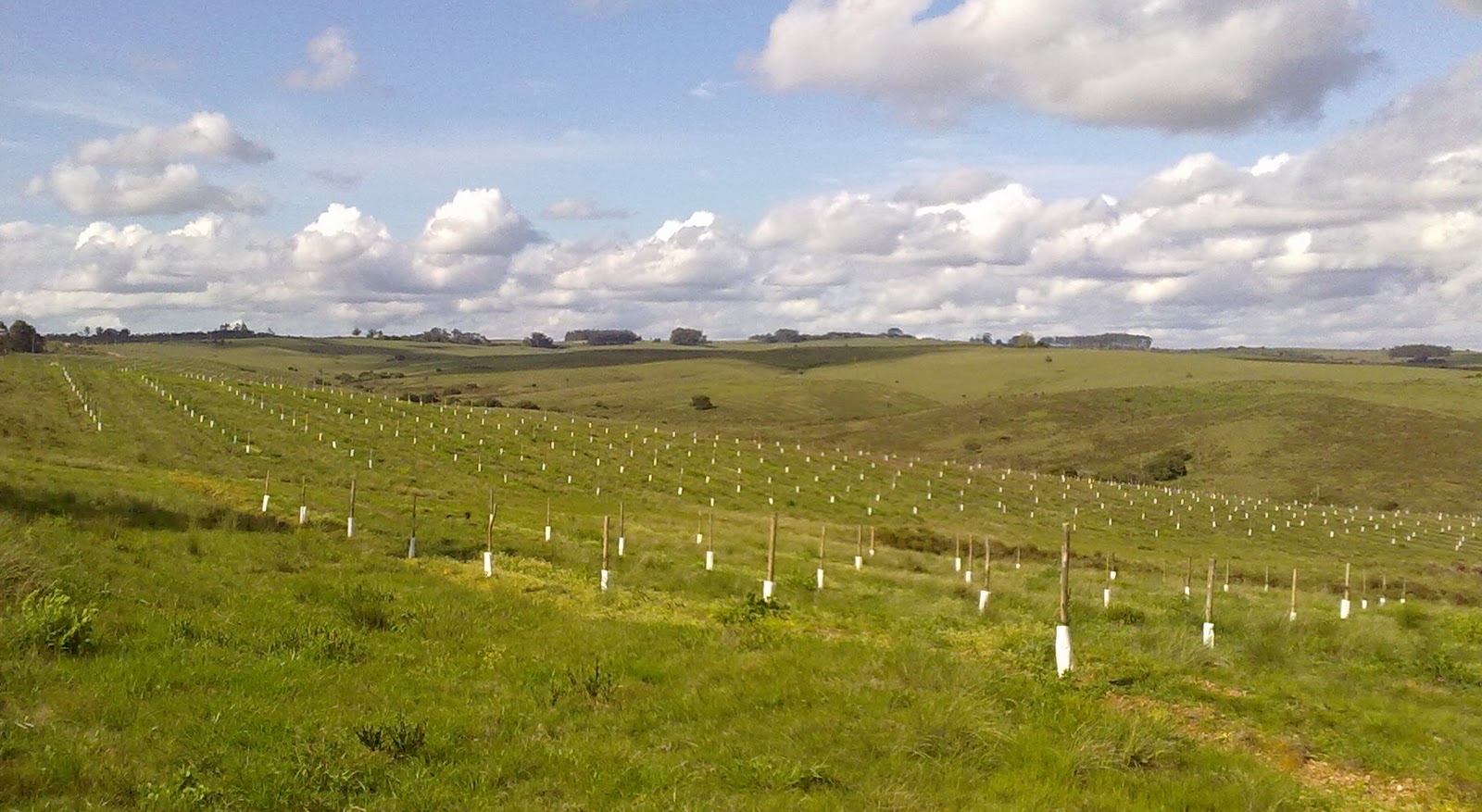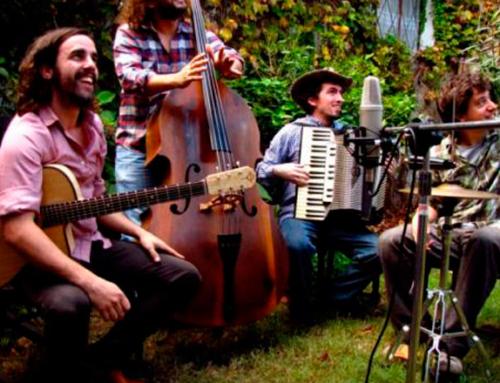Uruguay Integra, the OPP Program for Social and Territorial Cohesion, has signed 10 new agreements for the execution of projects of social interest in the country’s rural interior. Initiatives include health care, training programs for young and women job seekers, and the improvement of habitat and coexistence. The Uruguayan Government and the European Union (EU) share the funding equally.
Uruguay Integra is the Social and Territorial Cohesion Program of the Territorial Policies Department (APT by its Spanish acronym) of Uruguay’s Planning and Budgeting Office (OPP). The Program works together with the European Union, which partly funds these projects, and with municipalities and ministries. Initially (2008-2012) the Program carried out several socially important projects. This initiative, which has funds for land-acquisition compensation, originated as a result of the identification of indicators of territorial cohesion —and the stratification of Uruguay’s departments (provinces) based on these indicators— on the part of the Program’s technologists.
At this time, program coordinator Carlos Fagetti said, 10 departments were selected, and Artigas, Rivera, Cerro Largo and Tacuarembó were prioritized; while a secondary priority was given to Salto, Paysandú, Durazno, Treinta y Tres, Rocha and Canelones.
Technical teams from these departments are to submit initiatives concerned with primary health care and rural health, education and training for young and women job seekers, habitat improvement and coexistence programs. “Funds are destined to the rural areas of these departments and towns and settlements in the interior of the departments”, Fagetti stressed.
The proposals were submitted by municipal councils in these departments, together with ministries and other State bodies that are represented in Uruguay’s interior, in addition to civil society organizations. From March —when the initiatives were submitted— to late June, training was conducted jointly with Uruguay’s National School of Public Administration (ENAP), with the goal of transforming these initiatives into projects and building capacity in these departments for the design and management of territorial development projects.
“In general, the State seeks rapprochement with its citizens, in addition to the reinforcement of links and communication tools, on the part of both municipal governments and ministries with these populations, on the basis that not only people’s access to their rights but also the strengthening of local organizations in Uruguay’s interior is a key step in the emergence of local development projects”, explained Fagetti.
Funding
Funds granted by Uruguay Integra to each project amount to eight million Uruguayan pesos, which are complemented by the amounts provided by both municipal governments and ministerial partners, which may vary from technical resources and logistics to equipment.
Financial support envisions an initial installment according to the first-year schedule requested. Each project must submit quarterly reports that, upon evaluation, will release subsequent installments through the date of completion of a process lasting 18 months. Overall, the European Union and the Uruguayan Government have each destined 6.5 million euros to this initiative.
Previous phase
From the beginning, Uruguay Integra has provided support to 20 territorial development projects, in addition to another 20 projects funded by municipal governments and nine other projects associated with the initiative Cosas de Pueblo. Moreover, several territorial base studies were carried out, which will be included in t he development of a “land development policy observatory” during phase two of the strategies of the OPP’s APT.
Source: Web page of Uruguay’s Presidency


